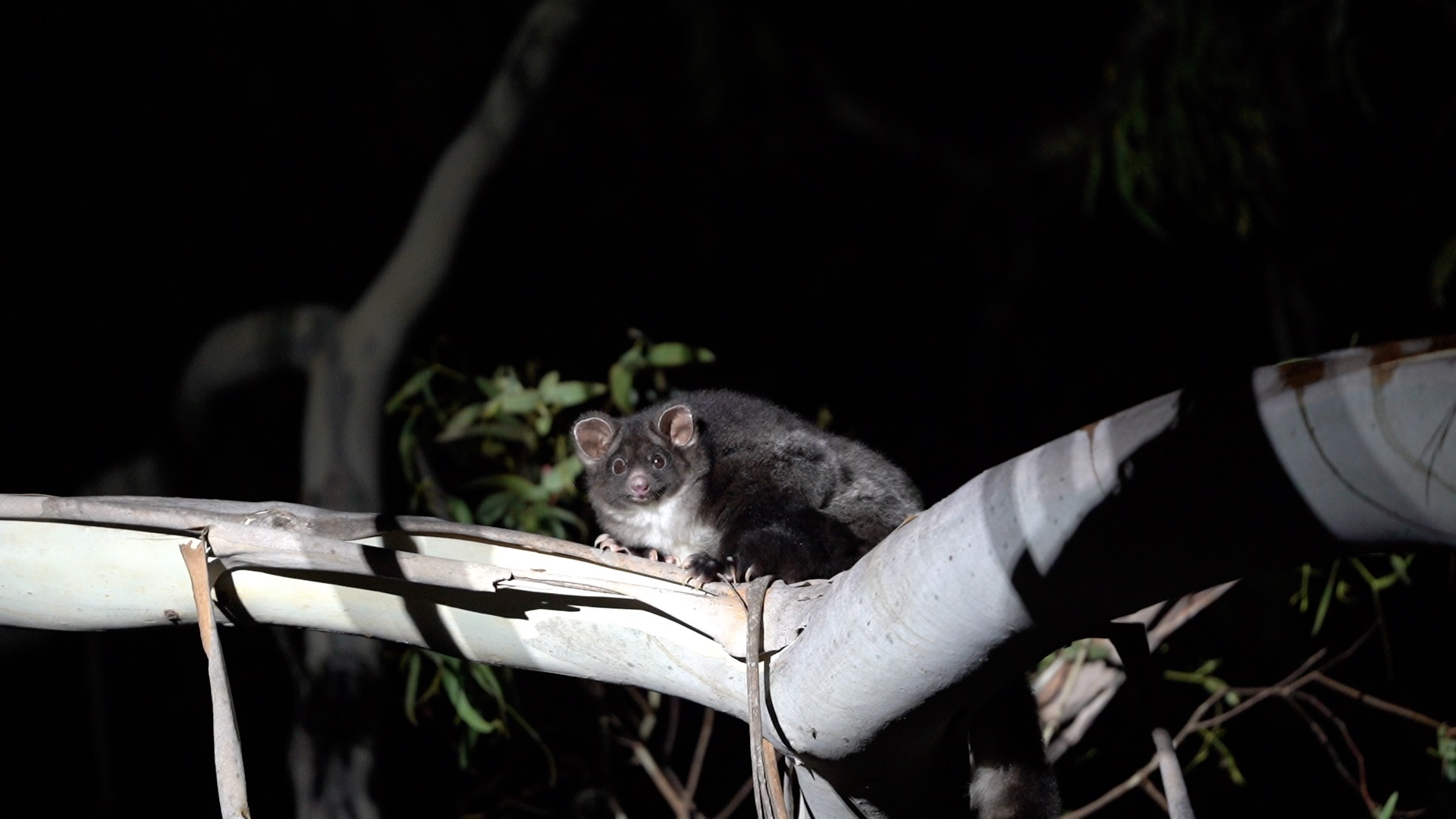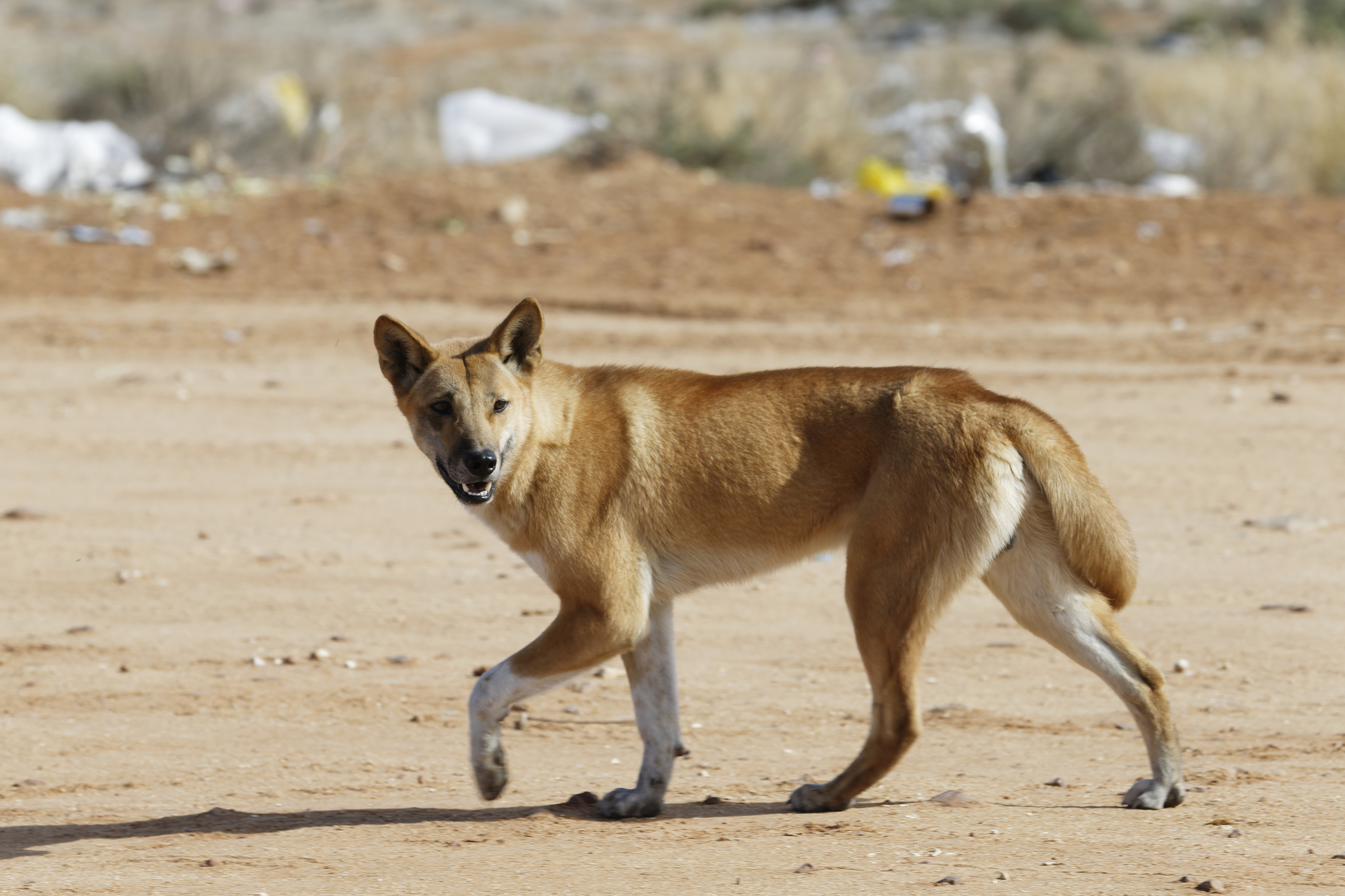Five hours south of Sydney, in the high country of south-east New South Wales, Glenbog State Forest sits quietly on the edge of the escarpment. At first glance, it looks like many other native forests. But Glenbog is not just any forest. It is one of the few remaining high-elevation “cloud forests” in southern NSW. These are places where geography...
- Federal Environment Minister Tanya Plibersek has to use her powers to stop another Tasmanian extinction – that of the Maugean skate
- Federal review of salmon farming in Macquarie Harbour needed for Maugean skate’s survival, but time is running out
- Tasmanian EPA’s decision to renew salmon licences for two years a “catastrophic” risk for survival of Maugean skate
Federal Environment Minister Tanya Plibersek has to do everything in her ministerial powers to prevent the extinction of the Maugean skate, including the review announced into salmon farming in Macquarie Harbour, the skate’s only home, according to environment groups.
Ms Plibersek yesterday announced public consultation of salmon farming in Macquarie Harbour after a request was made by the Environmental Defenders Office (EDO), acting for the Australian Marine Conservation Society (AMCS) and Humane Society International (HSI) Australia.
The review is a critical step towards addressing the “catastrophic” risk of salmon farming on the endangered Maugean skate, especially after the Tasmanian Environment Protection Authority yesterday renewed the Macquarie Harbour salmon farming licences for two years. Any delays in removing salmon from the harbour contradicts the federal environment department’s independent conservation advice, which said the key threat to the skate was poor water quality in Macquarie Harbour, primarily caused by fish farming.
The advice recommended to “eliminate or significantly reduce the impacts of salmonid aquaculture on dissolved oxygen concentrations” before this summer, which starts today.
AMCS shark scientist Dr Leonardo Guida said: “Progress is being made to save the skate, but it’s too slow. The necessary actions to avert extinction have long been known; the writing has been on the wall for so long that the paint is peeling and the wall crumbling. Environment Minister Tanya Plibersek must not delay further on removing salmon from the harbour and honouring the very nature laws that are supposed to benefit human and environmental health.
“It’s not just the skate’s existence at risk; it’s also Tasmania’s reputation for ‘clean and green’ food and drink that Australians and the world prize. We could be looking at the world’s first instance of aquaculture directly causing an extinction, which begs the question: What does the future of Tasmania’s primary industries look like when it has caused another Tassie tiger?”
HSI marine biologist Lawrence Chlebeck said: “This is truly an extinction emergency, and we are running out of time. Federal Environment Minister Tanya Plibersek needs a ‘no regrets’ approach if the government wants to stay true to its promise of no new extinctions under its watch. If we fail to act, we will thoroughly regret the moment we lost a species forever.”
EDO Managing Lawyer Kirstiana Ward said: “The 2012 decision permitting the expansion of salmon farming contained conditions to protect the Maugean skate. Current science has identified a severe decline in the Maugean skate, which shows the conditions in the decision have failed to protect the species as intended at that time. It is appropriate for Minister Pibersek to use her power under the Environment Protection and Biodiversity Conservation Act to reconsider the 2012 decision to provide effective protections under federal laws to prevent extinction.”
In September, the EDO wrote to the environment minister on behalf of AMCS and HSI to review the 2012 decision to expand fish farming in Macquarie Harbour, citing the overwhelming body of scientific evidence indicating salmon farming’s significant negative impacts on the skate’s existence, the World Heritage Area of Macquarie Harbour, and the overall poor health of the harbour. The public can make submissions to the review until 4 February.
Dr Guida said: “This is a really important opportunity for Australians over the summer break to think about the impacts of salmon farming in Macquarie Harbour, particularly considering it is one of our most popular table fish.”
Tasmania’s Maugean skate could become the world’s first ray or shark to go extinct in modern times as a direct result of human activity unless drastic action is taken. Scientists fear it could become extinct within 10 years or wiped out in just one extreme weather event. After intense coastal storms in 2019, the population was cut in half to about 1500 individuals.
The Maugean skate – part of the group of cartilaginous fishes that includes sharks and rays – lives solely in Macquarie Harbour on the remote west coast of Tasmania but it is being starved of the oxygen it needs to survive. The oxygen levels in Macquarie Harbour have plummeted primarily because intensive salmon farming requires oxygen to break down fish feed and fish waste.


